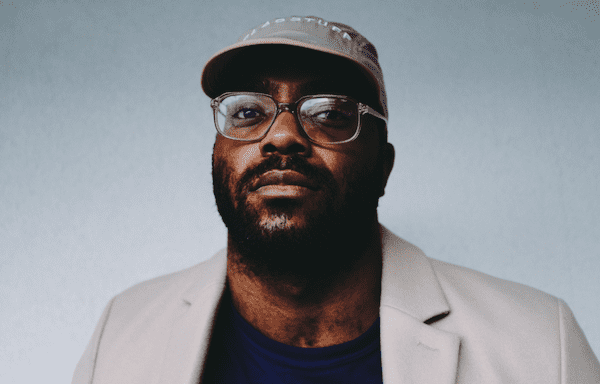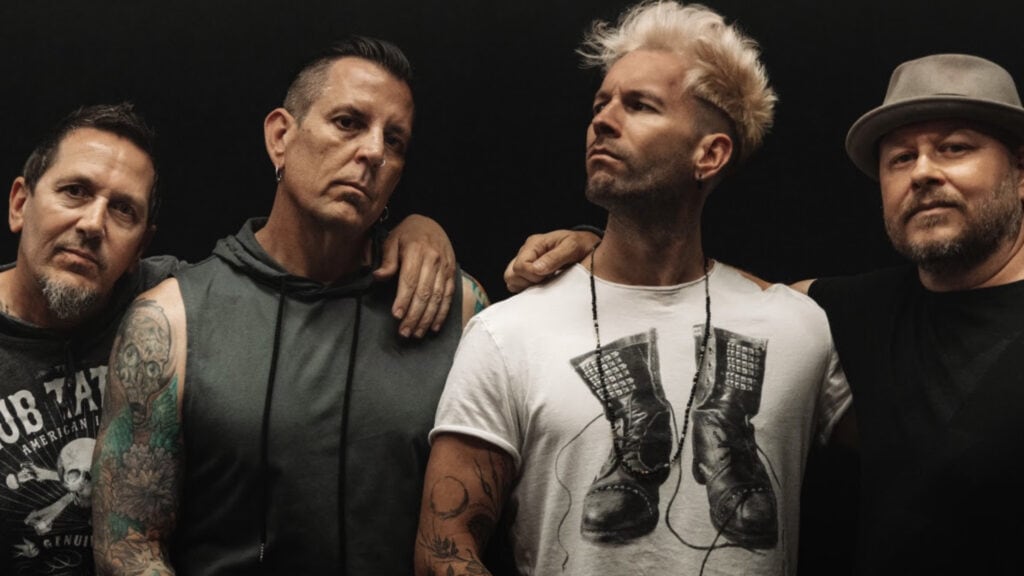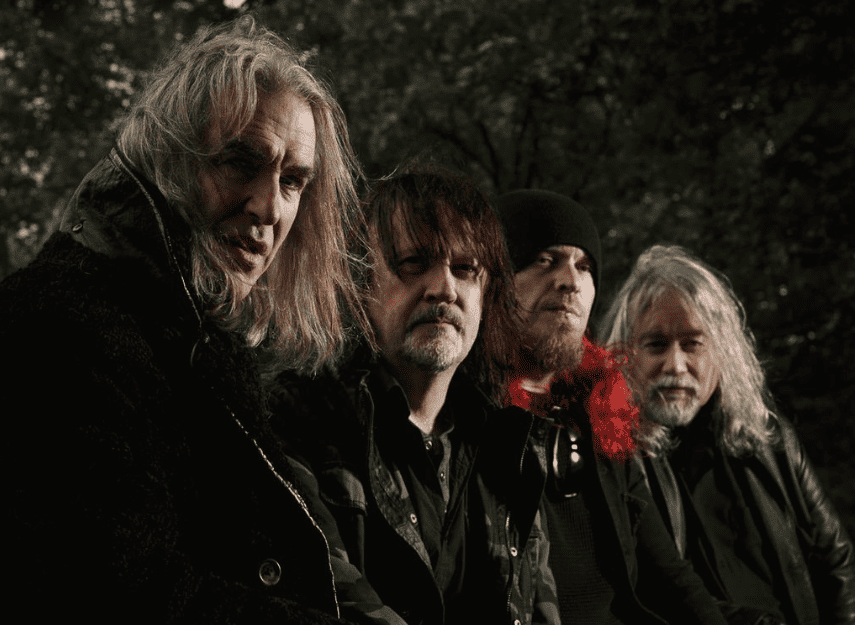Incubus will always be the poster boys for the most questionable era in rock music: with their menagerie of genres from nu-metal to techno, the band have always occupied that space between; a little too much of this, too little of that. That might be the reason why over 20 years after the release of their most pivotal record ‘S.C.I.E.N.C.E’ – despite losing the goatees and Brandon Boyd finally putting on a t-shirt – Incubus have endured. Following the release of their eighth studio album, aptly titled ‘8’, Incubus announced an 18-month worldwide tour. In September, they’re gracing the UK for four nights. We had the pleasure of talking to bassist Ben Kenney in the run up to their arrival.
[like_to_read][/like_to_read]
“The UK is a second home to us,” Kenney says. “We’ve had so many great experiences all over the world. We’ve never been a band that’s really been that shiny or sexy, but over there we’ve always had incredible audiences.” Since Incubus’ emergence in 1991, their passion for touring has taken them to places as far and as unlikely as India, Tokyo and Pretorius. Undoubtedly, the music industry is almost unrecognisable today as to when they first entered it. “There are things that don’t exist anymore the way that they used to. MTV used to be really powerful in promoting a band and helping a band find an audience. Things don’t really work that way these days. Nobody I know even watches TV anymore. The avenues that bands used to have to go down don’t really exist anymore. I think a lot of music is able to get a rise to the top, but the top is not where it used to be. A lot of bands can get heard and get recognition a lot faster in the streaming age, it just depends on their willingness to promote themselves. It becomes really challenging because you have super, super powerful artists who can market themselves in such a way that they’re everywhere, all the time. They have to do that to maintain their brand. For smaller bands, it’s hard enough to get to the point where you can make a living. There’s a huge gap between the two.”
Often, many artists claim that their work is largely inspired by darker times, rather than the good. “Having some struggle or some resistance is worth a lot creatively. You have to have positives and negatives to make the best art, I think.” Kenney says. Where does he draw inspiration from, personally? “Everything. If you’re sitting in traffic – the notorious Los Angeles traffic – you feel impatient to get where you’re going. So, by the time you finally get to the studio and sit down to write a song, it’s going to come out. Every moment, no matter how significant, influences our music.”
Incubus started out in 1991, meeting at a Calabasas high school in California. What advice would Kenney give to young people in bands aspiring to emulate the success of Incubus? “I don’t think there’s any advice that I would be able to give, other than at all times try to stay true to yourself and try to take care of yourself. In any creative endeavour, especially if it’s livelihood, things tend to feel way heavier than they need to and things can get really frustrating and upsetting. People always say ‘It’s great that you get to do what you love!’, and I agree. I get to do what I love; we get to do what we love. One thing that people don’t ever say, though, is that it can become immensely difficult, sometimes seemingly impossible. It can be very hard to push on. A job that you don’t love is not a job that can hurt you as much as doing a job you love with your whole heart, so there are definitely times where it becomes difficult. People don’t really have sayings or quotations for that, they don’t write that on coffee mugs.” In saying that, does that necessarily mean that doing what you love actually takes the enjoyment away from it? “No,” Kenney says, “Whenever it’s rewarding, it is immensely rewarding. Whenever it gets hard, the fact is you love it and you can’t disconnect from it.”
One of the questions we like to focus on in particular is how successful creatives maintain their mental health. “I have a couple of things that are really useful for me. I have my parents who are really supportive towards me as a person. I usually go to them a lot. They’re not musicians, they’re not in this world, they’re not a part of it, so they’re a comfort that I just can’t get anywhere else. I’m very grateful and fortunate for that – it’s not something that everybody has. I also try and do things outside of the world of music. I enjoy motorcycle riding a lot. I spend as much time doing that as I can.”
Irrefutably, Incubus are a successful band. Their longevity, multi-platinum sales and eventual mainstream success has secured them a legacy. But how would Kenney himself define success? “For me it’s not money, it’s not followers, it’s not fame or anything like that. What feels like success, to me, are the moments where I feel enough peace inside that I wouldn’t rather be anywhere else. That’s really all you can ask for because money solves some problems, but it doesn’t solve them all and actually creates a lot of new problems. I’m lucky, as being the bass player of the band, I don’t deal with a lot of fame; I don’t deal with having my privacy in jeopardy. It’s not a problem for me. It doesn’t seem like fame is very fun for anyone involved with it – it looks like it sucks, actually. Success is not based on that, success is the moments when you realise you’re in the right place.”






